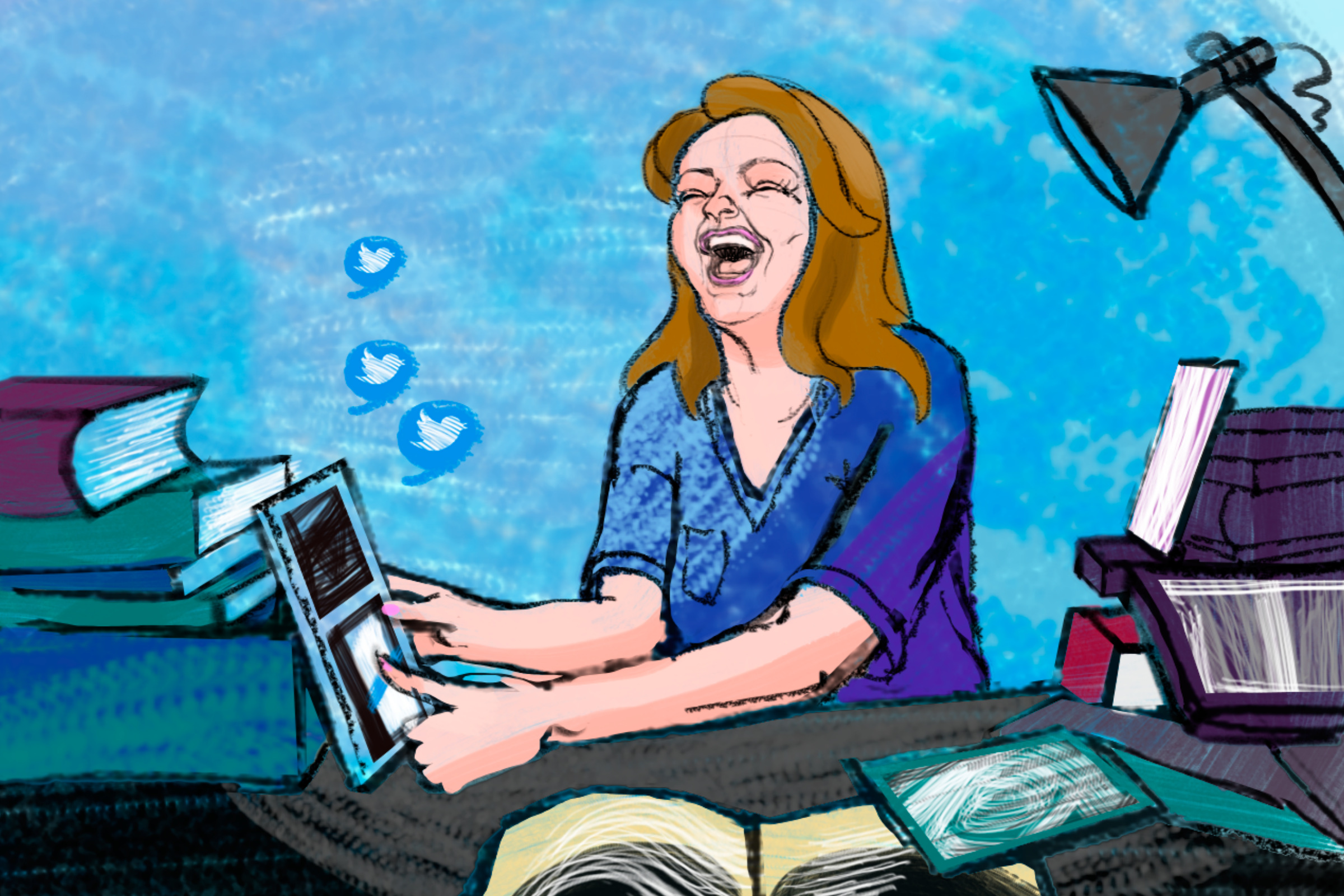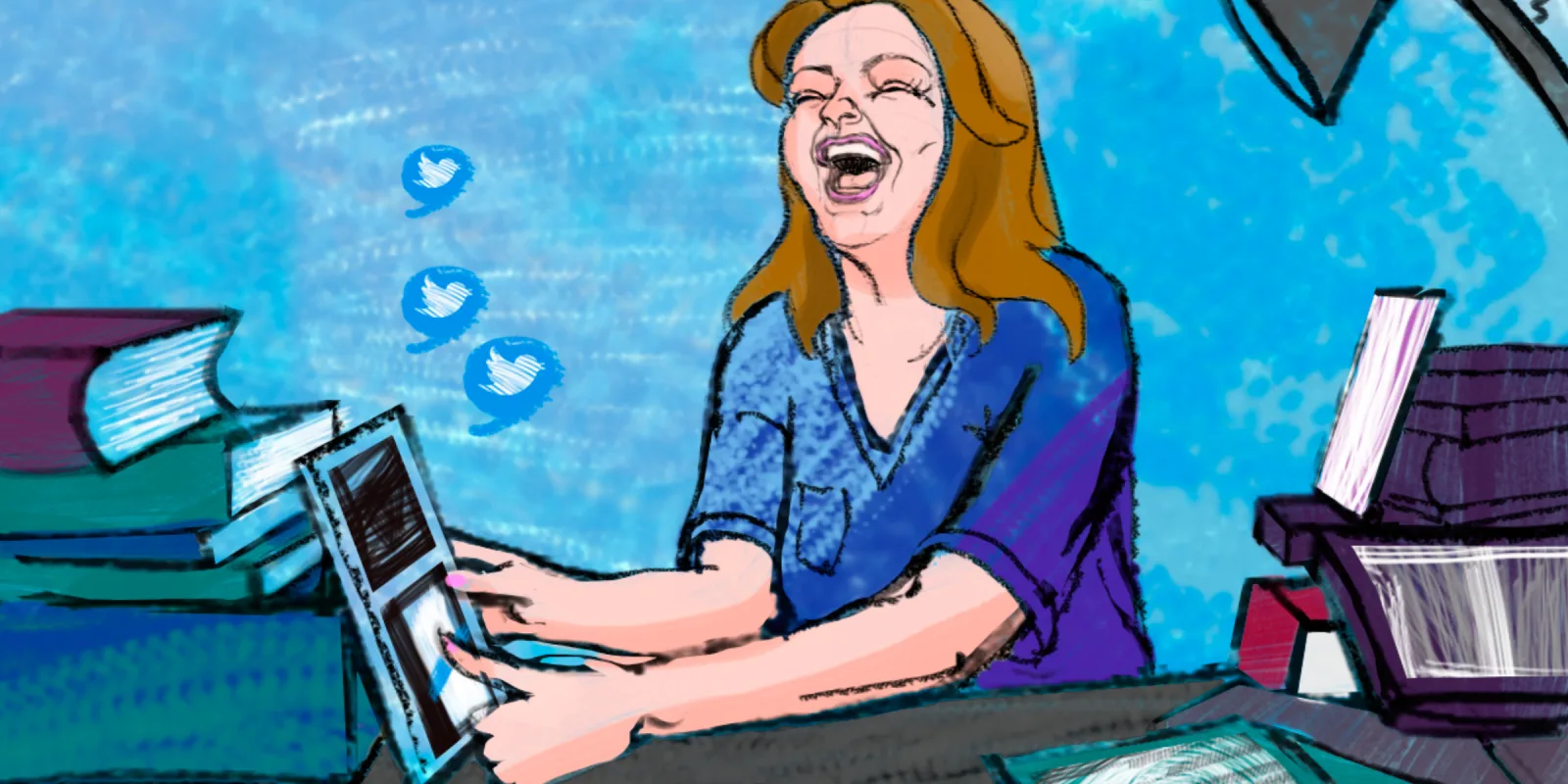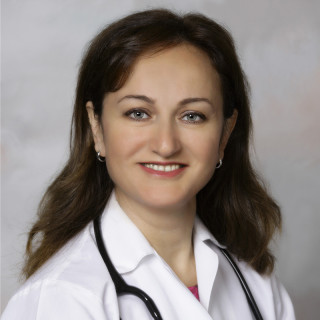
Being part of Generation X, I did not grow up with technology. I grew into it. Because of experiencing the time before all the luxuries of smart phones, internet, gps devices, and the lot, not a day goes by now that I don’t appreciate these conveniences.
Despite adapting the technology fairly quickly, however, I have been fairly scared of starting a professional account on social media. It has terrified me to get out there and expose myself to the unknowns of the deep, dark internet.
Last year, I changed my mind.
During a moment of brevity, or perhaps insanity, I created my professional Twitter account while at a medical conference. So many of the attendees were already on Twitter and it seemed like a good idea to stay in touch with my new friends this way.
I found out that the conference content was tweeted by the attendees, real time as the conference went on. The takeaways from the best talks or the most captivating slides were tweeted. Best speakers got shout outs and their slides got re-tweeted reaching out to those who could not attend the conference in person but followed the tweets with the conference hashtags or key words. Attendees, through these posts found each other and made new connections.
It didn’t take long for me to get hooked on my ‘twitter feed’: Opinions on a recent article that was just published, discussions about the current state of equality and diversity in medicine, experts in their fields casually dropping by and helping out in tough cases, tips on upcoming new treatments… My eyes were now open to a whole new world of possibilities that I could not even have dreamed of.
I have learned a few things throughout my short journey while using social media so far that I would like to share.
1. It is an excellent medium for connecting to the right people. There are many doctors in social media. This was a surprise to me. So many of us have already discovered it and mastered it. The online medical community on social media to my experience has been very collegial and supportive to each other. I have been lucky to meet many colleagues that I can proudly call friends.
2. It is an excellent learning platform. I feel this is the aspect of social media that I enjoy most as a nerdy ID physician.
I can’t count the number of times a colleague would post a very important recent paper on a crucial subject in my field that I would have otherwise missed or would have read weeks later if ever. Experts in their fields from all over the world are able to chime in and comment on these articles. Hashtags like #MedEd or #IDmedEd bring out the educational tweets in medicine, like excellent cases where a whole online community can discuss and learn. I learned from listening to colleagues ask questions and promptly answering these questions. Polls posed to other ID colleagues such as antibiotic use, usefulness of a certain test, how common a certain infection is encountered in clinical practice have been tremendously helpful to validate and grow my own practice and develop a sense of camaraderie.
3. I can share my own experiences and teach. As much as I learned from others, I started contributing to the learning process of my peers from my own knowledge and experience. As I became more comfortable in the platform, I shared my own views, ideas and feedback. I shared pieces that I authored and enjoyed the responses I received from my colleagues.
4. Building a brand. Social media for physicians is an opportunity to build a professional brand. This is not necessarily in the financial sense (although it can be), but how you express yourself, how you respond to others, what topics are you interested in or emphasize in your feed creates an online professional profile.
Doctors use different platforms with different formats, including podcasts (these are my favorite, easy to download and listen), chats, blogs, vlogs (video versions of blogs), digital books, online courses, and classes.
5. Opportunities for collaboration and finding jobs. Social media gives the opportunity to collaborate with other colleagues from across the world. Connections via social media can give you the upper hand when looking for jobs, for example.
6. Academia. An increasing number of academic centers, divisions, and individual physicians have their own social media accounts. Published papers, research projects, collaborations with other centers, presentation slides, medical talks on YouTube are always being posted and discussed on social media. These accounts can be a treasure trove to follow and learn from.
7. Public health and advocacy. Social Media has helped doctors become visible to the public eye. The conversations that we have been routinely having with our patients in the exam room now can be amplified to reach the masses, enabling us to voice, support, and amplify issues ranging from preventative medicine, good health care policies, and advocacy.
However, it is important to be cautious of this: everything you write online lives forever. It is not always easy to grasp how far the information can travel or who can read what you write. Even if your audience is the medical community, these public platforms can be seen and commented about at large.
Some people will not be happy with what you write and some will write negative or discouraging comments.
It is very easy to get carried away and spend way too much time on social media. You have to be mindful of the amount of time spent on social media and don’t let it become a time sucker.
I have realized that whether I like it or not, social media in medicine is here to stay. I have come a long way from being a social media hermit to checking my Twitter feed regularly. So far it has been an incredibly interesting journey.
Gul Madison, MD is an Infectious Diseases physician based in Philadelphia. She is a 2018-2019 Doximity Author.
Illustration by Jennifer Bogartz






